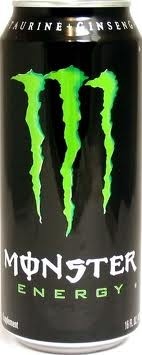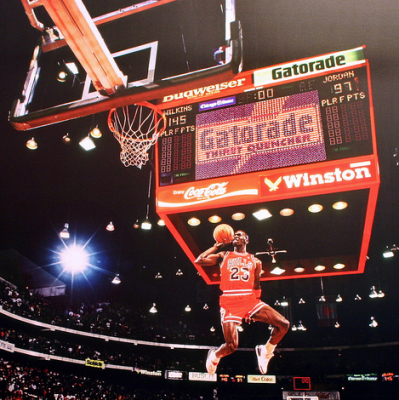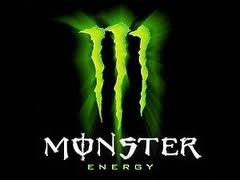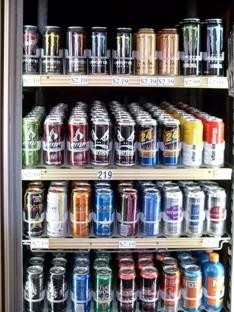The rise and rise of energy drinks: New data shows 14.4% volume surge in 2011
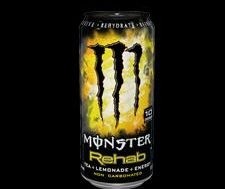
Preliminary market data just released by New York City–based Beverage Marketing Corporation shows that volumes in the US liquid refreshment beverage market edged up 0.9% to 29.54bn gallons.
Total volumes up for 2nd year, but still below 2007 peak
This marks a second year of growth after two consecutive declines in 2008 and 2009 but represents a slight slowdown from 2010, when volumes grew 1.3%.
The total volume figure also remains below the 30.38bn gallon peak reached in 2007 before the recession started to bite.
Carbonated soft drinks volumes down 1.7%
Top performers in volume terms remained energy drinks (+14.4%), followed by RTD coffee (+9.4%), sports beverages (+8.8%), RTD tea (+4.8%) and bottled water (+4.1%).
However, volumes of carbonated soft drinks (CSDs) – which account for almost half of total category volumes – were down 1.7% to 13.6bn gallons, while value added water volumes were down 1.7%, and fruit beverages down 2.1%.
However, some CSD brands - notably Dr Pepper and Coke Zero - did achieve growth, notes Beverage Marketing Corporation.
Gatorade breaks 1bn gallon barrier in 2011
Within the sports beverages category, Gatorade chalked up volume growth of 8.1% to 1.028bn gallons, reflecting recent investment in the brand by owner PepsiCo, which is planning significant marketing activity around the brand in the summer, according to bosses on the firm's latest earnings call.
Beverage Marketing Corporation chairman and chief executive Michael C Bellas said: "Beverages' continued growth in 2011 proved their essential vitality.
“The strong showing by high–end and functional products shows that consumers — at least the more affluent ones — are not concerned exclusively with economic considerations when making their beverage selections."
Monster ceo: Energy drinks are innovative, cutting edge, cool and premium
Speaking to investors and shareholders on a recent earnings call, Monster Beverage Corporation chief executive Rodney Sacks said:“The days of energy drinks being a niche category are long gone. Energy drinks are the soft drinks of many generations ago. They are innovative, cutting edge, cool and premium.”
However, the category still garnered a lot of bad press, unfairly, he claimed: “There are still a lot of misconceptions, ignorance and guessing about the energy drinks category.”
Citing Nielsen data that showed the US energy drinks category had grown 14.9% in the 13 weeks to November 19, 2011 in all channels excluding Walmart, he said Monster continued to lead the pack in growth terms, with sales rising 22.1% over the same period.
Beverage Marketing Corporation is a research, consulting and financial services firm dedicated to the global beverage industry.
